Are kitchen islands going out of style? Experts weigh in on whether it's time to ditch this beloved feature
A pillar of luxury or a fleeting design? Discover if the kitchen island is still the most coveted design feature
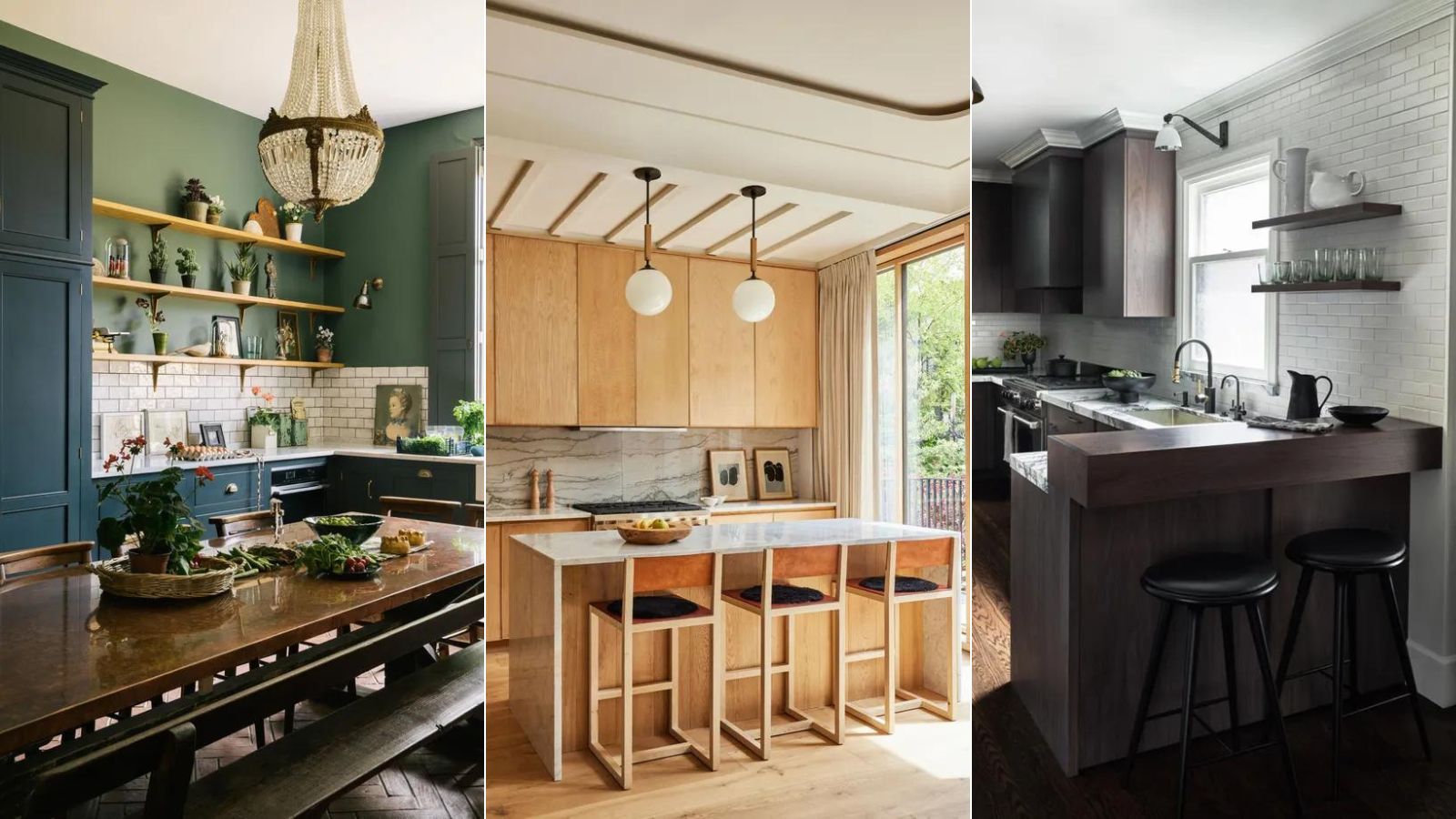

Kitchen islands have long been considered the epitome of luxury design, adding function and abundant style to schemes. But recently, there have been many questions surrounding this once-desired feature, with people wondering if kitchen islands are going out of style.
Kitchen islands have been a key feature in most kitchen ideas over the past decade. From classic styles to space-saving designs, the most popular layouts include an island in some capacity. But is this a feature that's on its way out, and if so, why has it lost its appeal?
There's only one way to find out whether or not kitchen islands are really going out of style, so we've turned to designers and kitchen experts to get their thoughts on this beloved kitchen feature.
Are kitchen islands going out of style?
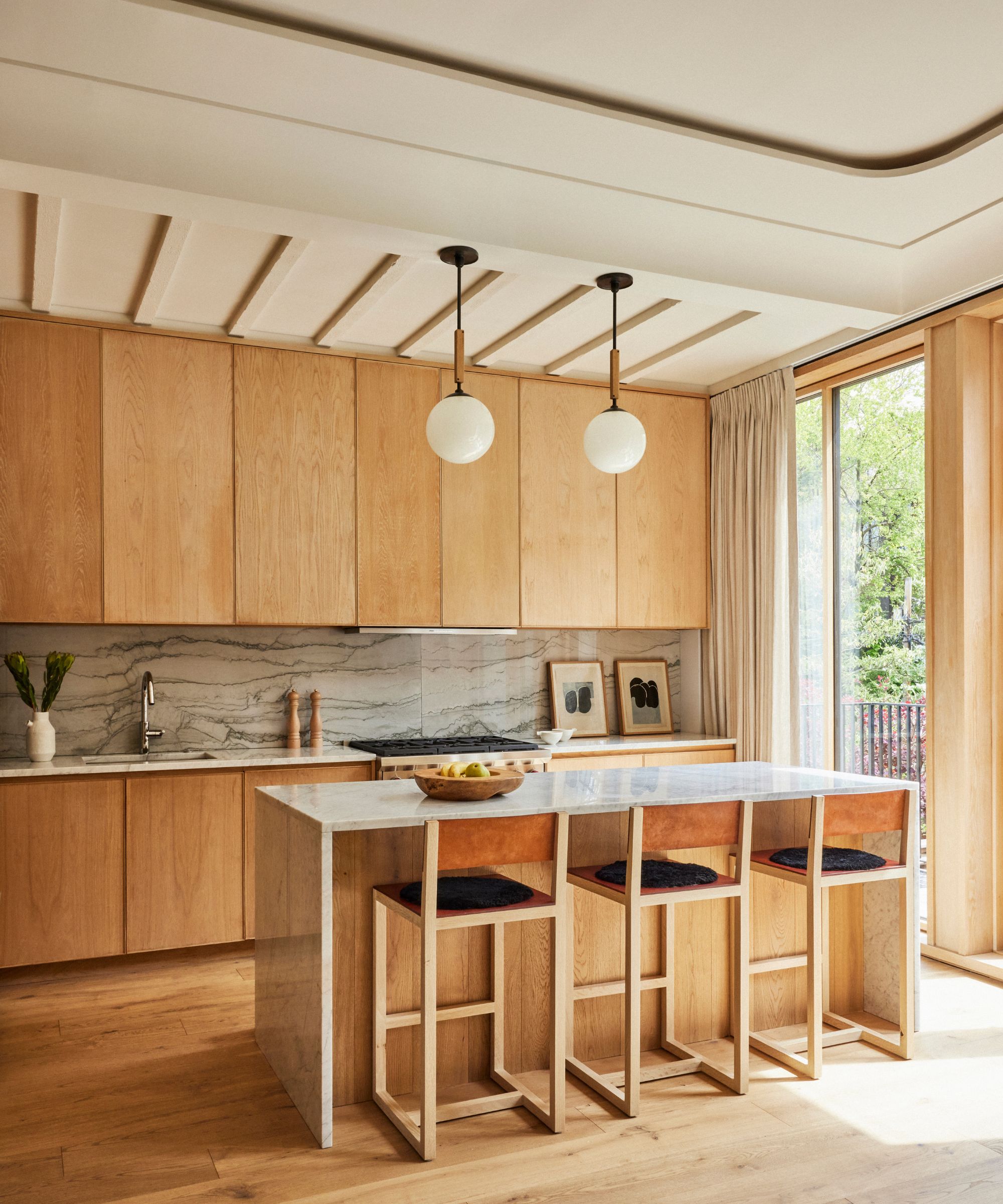
The kitchen island has long been considered one of the most coveted kitchen features, but are we seeing a shift in how we design our schemes? For so long, kitchens large enough to facilitate an island have done so, but as this year's kitchen trends shift towards more unique designs, have we seen the end of the island's appeal?
'Islands are such a dominant feature in kitchen design, that many don't even consider designing a kitchen without one. However, they can feel heavy and often lack charm,' says interior designer Emily Vaughan.
'If you don’t need the additional storage, I would consider using a dining-height freestanding table surrounded by chairs instead. This choice brings a cozy, nostalgic feel reminiscent of the eat-in kitchens from our childhood. It still offers prep space on the tabletop but with seating arranged in a more conversational layout, rather than everyone lined up at a counter,' she adds.
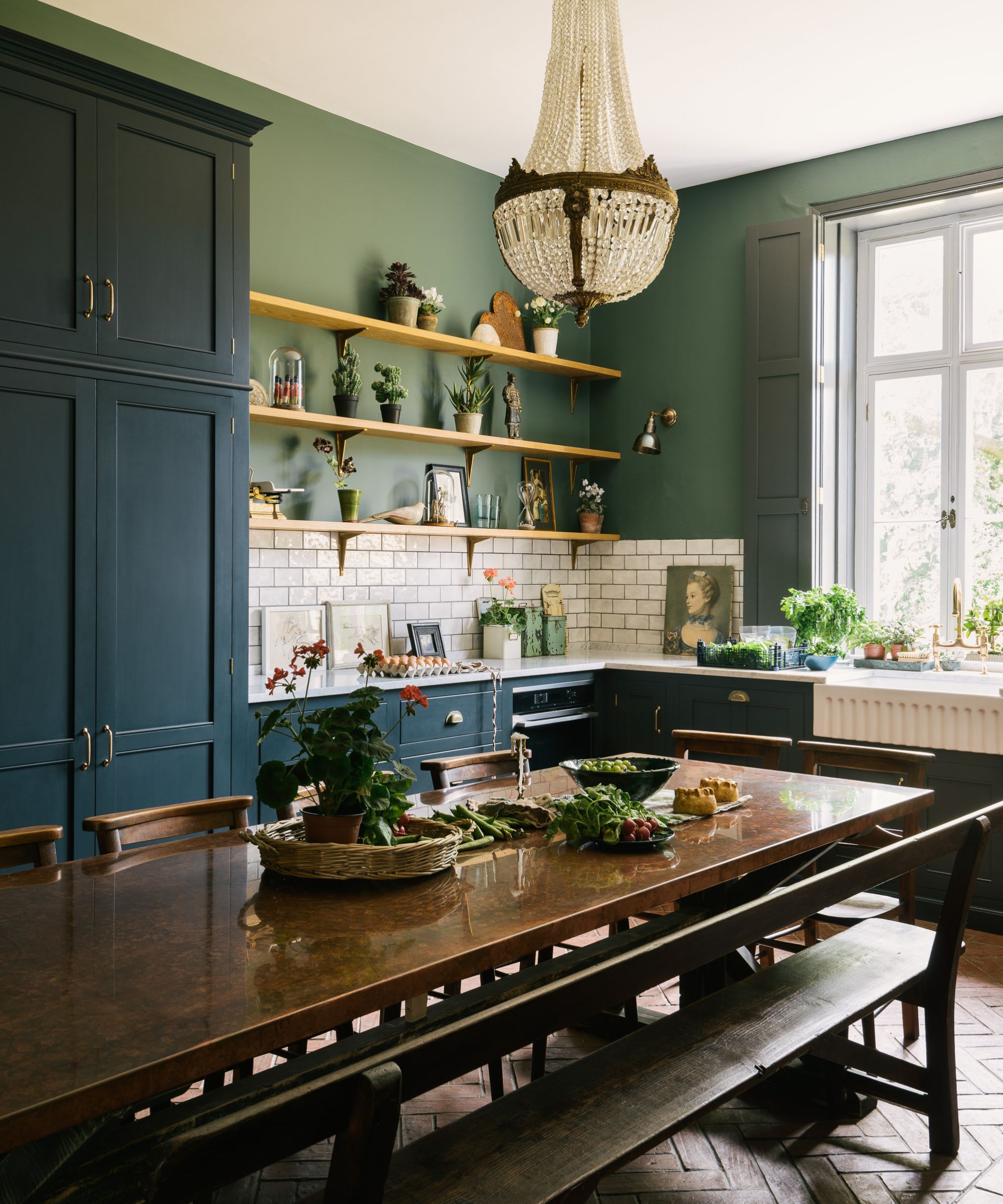
Not everyone feels the same, though. Phillipa Thorp, founder and director of Thorp Design, says she is still very much in favor of kitchen islands, especially if you want to introduce a more casual seating option and additional kitchen storage.
'Kitchens must always be designed with the available space in mind, but islands are something we try and fit in wherever possible. They provide much-appreciated surface space for food preparation, extra storage, and a less formal alternative to a traditional dining table. Islands also create a helpful boundary between zones, allowing the cook to have their dedicated area whilst guests socialize nearby – but not underfoot,' she explains.
Interior designer Lauren Gilberthorpe also agrees but notes that island designs are changing to ensure they are multifunctional and suit the growing needs of modern households. 'I don’t think that kitchen islands are going out of style, but they are evolving. While they remain a popular choice for their functionality, there is a shift toward more flexible, open designs.'
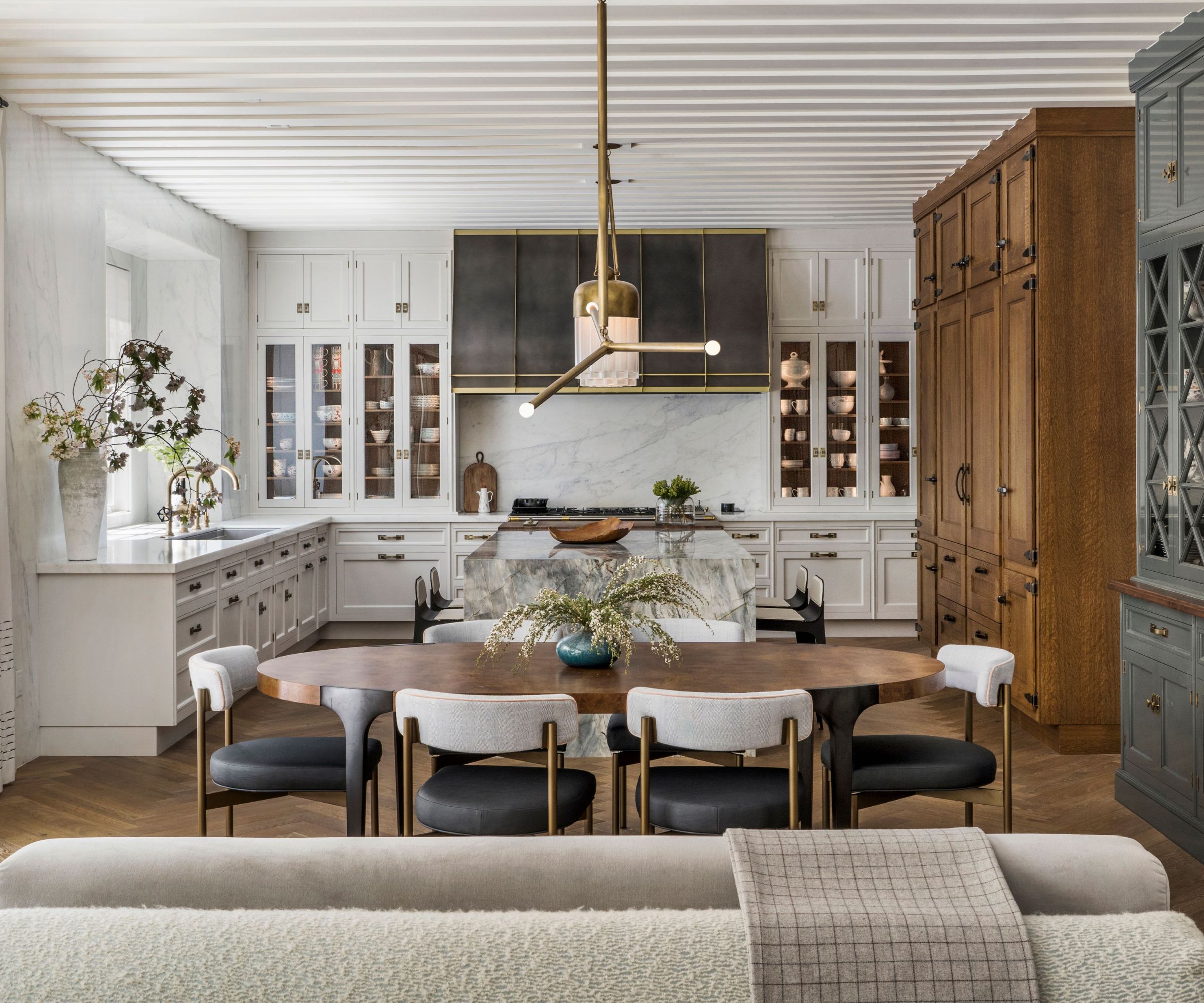
It's perhaps not a case of kitchen islands going out of style, but there has been a clear shift recently towards a more considered way of designing them. Instead of finding any way to fit a classic island into your kitchen layout, be sure there isn't an alternative solution that might work better and make your space feel more on-trend.
In kitchens that don't suit the traditional island style, we are seeing less-expected island styles coming into fashion that cater to awkwardly shaped and small kitchens. 'Homes are working harder so adaptable spaces that better serve multiple purposes are becoming ever more important,' says Lauren.
'Whilst kitchen islands allow for multiple uses, quite often, they are a fixed feature and may not work in homes where space is limited. As an alternative, peninsula islands can be a good space-saving option. Also, open-concept counters can be incorporated within a kitchen/dining space by extending countertops into other rooms to create better flow,' she adds.
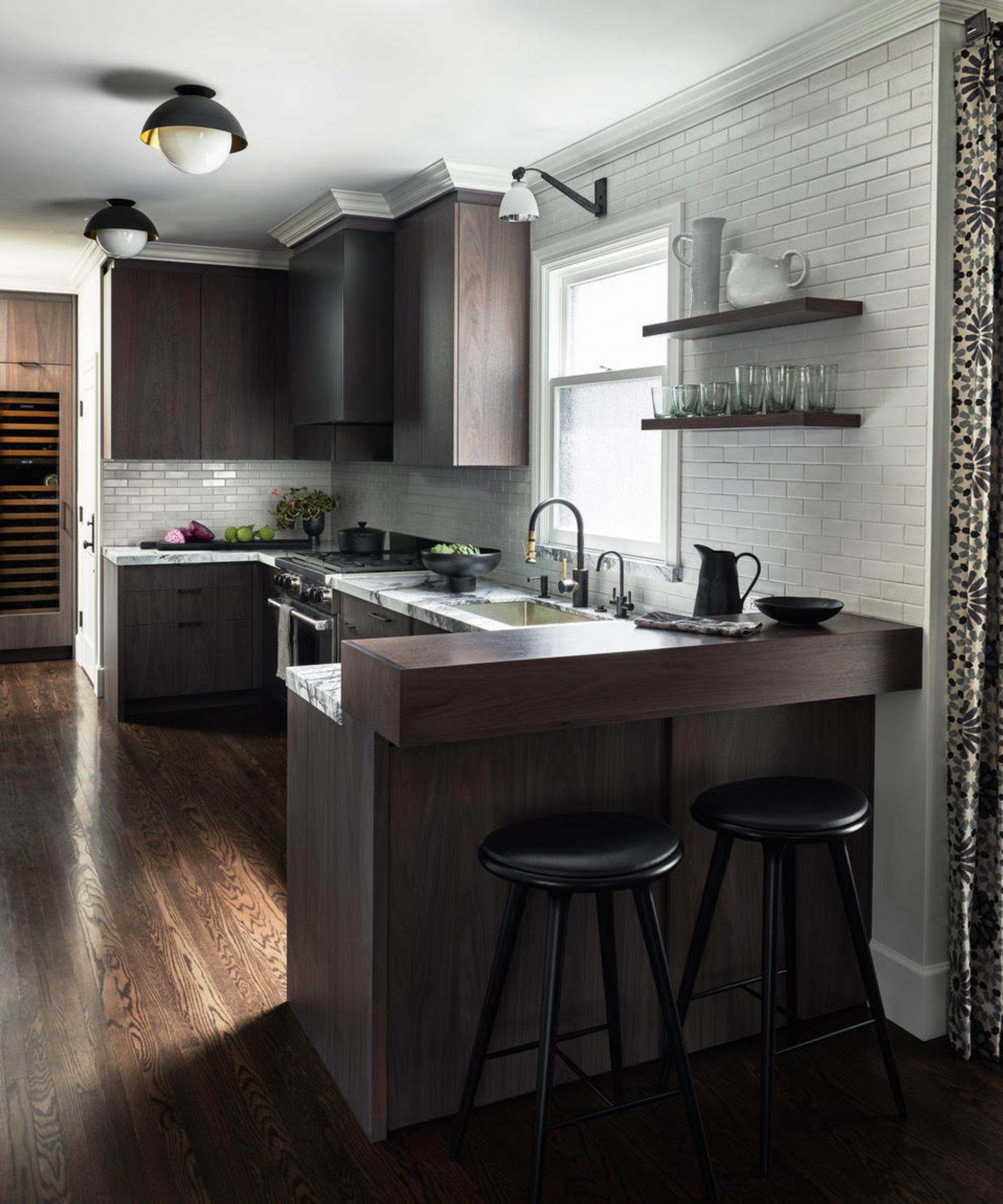
For table linen designer and content creator, Rosanna Falconer, a peninsula kitchen island proved a beneficial alternative to the classic layout and made her space feel functional and visually appealing.
'After how cramped our old kitchen was, we wanted to keep it open with no upper cabinets or kitchen island. The Caesarstone-adorned peninsula offers the benefits of an island, but without taking up as much space. It's been invaluable for cooking with the children, flower arranging, and perching around with drinks. It all feels very open and welcoming,' she explains.
While a kitchen island still feels like a truly luxurious addition, it's only effective and in style if it adds to your kitchen's design and flow. If it makes the kitchen feel smaller, more cramped, or difficult to navigate, it's probably best to opt for an alternative design.
So, at large, kitchen islands are not going out of style, we're simply seeing a shift in priorities in kitchen designs, and embracing alternatives that can be just as stylish and abundant as an island.
Sign up to the Homes & Gardens newsletter
Design expertise in your inbox – from inspiring decorating ideas and beautiful celebrity homes to practical gardening advice and shopping round-ups.

I’ve worked in the interiors magazine industry for the past five years and joined Homes & Gardens at the beginning of 2024 as the Kitchens & Bathrooms editor. While I love every part of interior design, kitchens and bathrooms are some of the most exciting to design, conceptualize, and write about. There are so many trends, materials, colors, and playful decor elements to explore and experiment with.
-
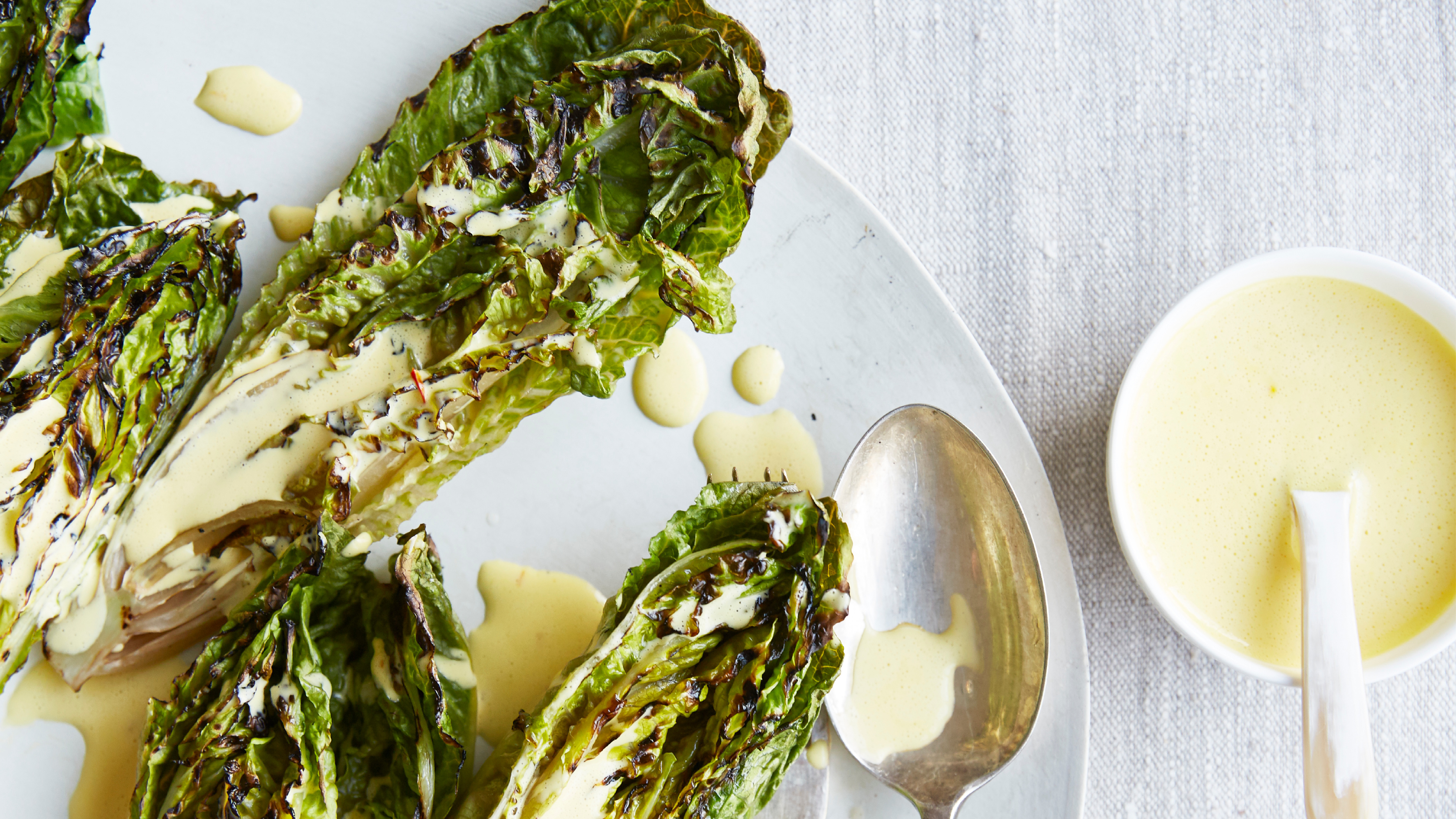 Charred little gem with saffron dressing
Charred little gem with saffron dressingThis recipe with charred little gem is both easy to make and sure to impress guests. It's the perfect side for fresh spring menus
By Alice Hart
-
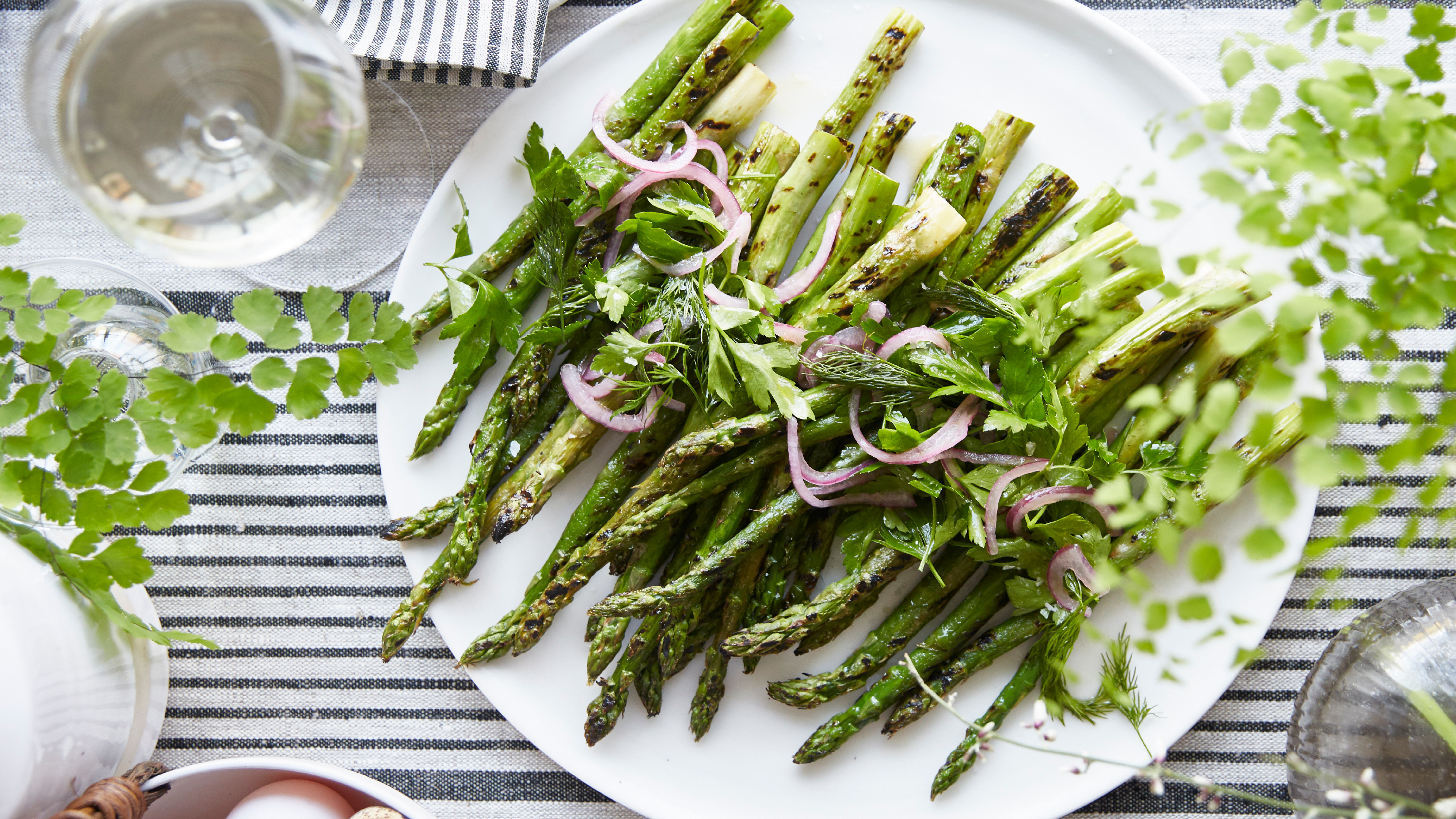 Grilled asparagus with herb and pickled red onion
Grilled asparagus with herb and pickled red onionThis grilled asparagus couldn't be easier, and it's a wonderful way to get the best flavor from our favorite spring veg. It's perfect alongside fish or lamb
By Alice Hart